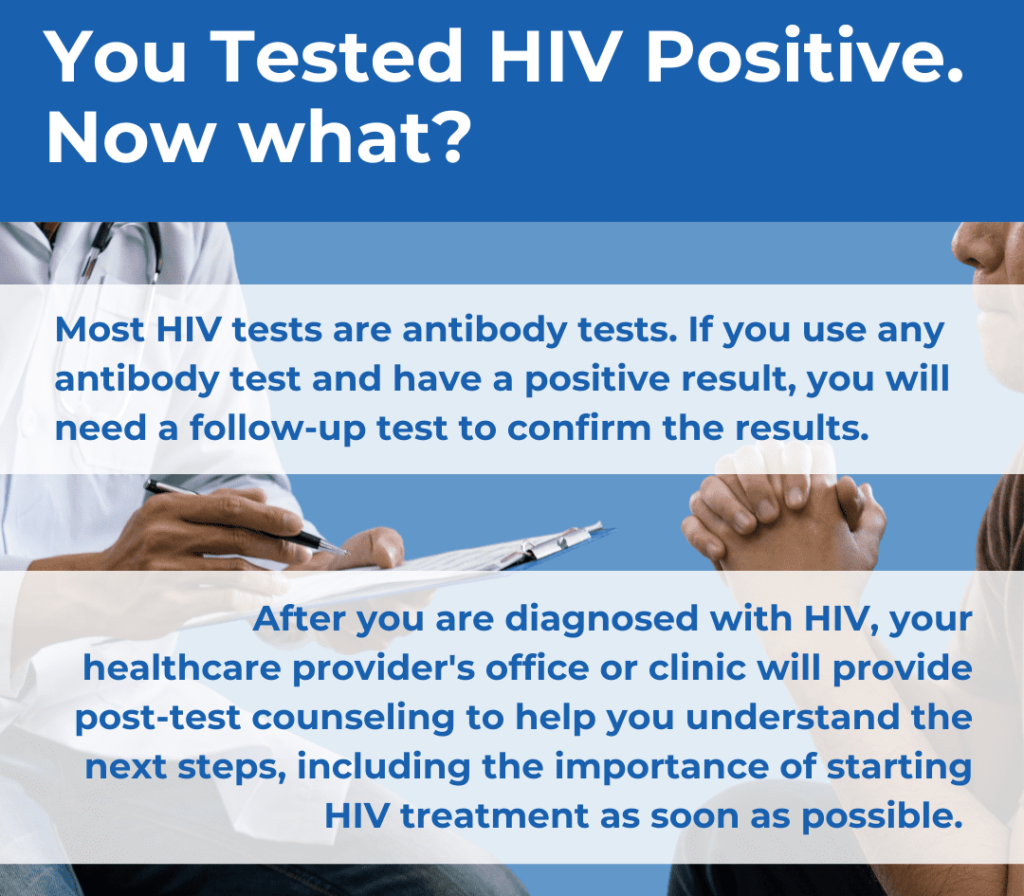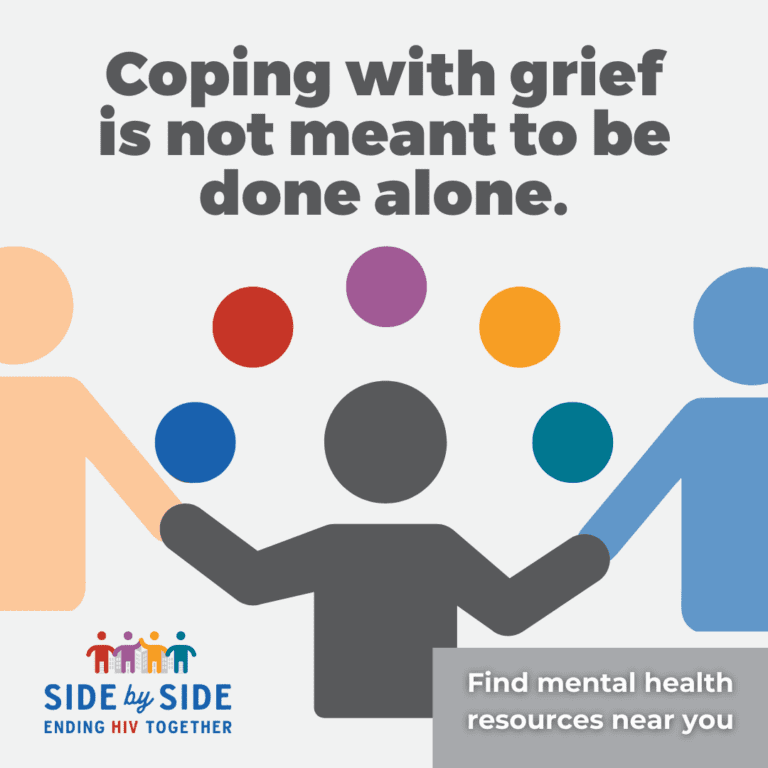Receiving a positive HIV diagnosis can be a life-changing experience that can affect a person’s emotional well-being. Coping with HIV often involves dealing with grief, a natural response to loss that can manifest in different stages such as denial, anger, bargaining, depression, and acceptance. While each person’s journey with HIV and grief can be unique, it is essential to acknowledge and address these emotions to support one’s overall health and well-being. Let’s explore the different stages of grief that a person with HIV may experience and provide practical insights and coping strategies to help individuals manage their diagnosis and live healthy and fulfilling lives.
Denial
Denial is a common reaction when you receive an HIV diagnosis. You may feel like you’re in a daze, that it’s not real, or that it’s happening to someone else. While denial can be a natural response to receiving this news, remaining in this phase can be detrimental to your overall well-being. It’s important to recognize the different emotions that come with denial. You may try avoiding medical appointments or medications, which could potentially accelerate the progression of the disease.
This stage can be a slippery slope if it goes on long-term and can lead to worsened physical and mental health outcomes. The stage of denial may last for a few days or weeks and is a natural response for someone who is trying to make sense of a life-changing diagnosis. It is essential to acknowledge these emotions and allow yourself to process them before moving on to the next stage of grief.
Anger
It’s understandable to feel a sense of betrayal, frustration, and bitterness when first diagnosed with HIV. Anger is a natural response to the diagnosis, but it is essential not to let it consume you completely. Many people may question why this is happening to them, feel angry with themselves, or struggle with feelings of blame. Some people may become angry with others, feeling that they have been betrayed by those they trust. It’s essential to recognize these emotions and understand that everyone has different coping mechanisms.
It’s important to remember that anger is a transitory feeling. With time, the intensity and frequency of these emotions may lessen. Channeling your anger into positive actions, such as raising awareness about HIV or volunteering at local support centers, may help you feel empowered and regain control of your life.
Bargaining
At this stage, it is common to try to make deals with fate or a higher power in an attempt to postpone or reverse the diagnosis. People may make promises to themselves, their loved ones, or even to God if they are spared from the illness. Bargaining is a natural response to the diagnosis, and it may help individuals feel a sense of control over an overwhelming situation. However, it’s crucial to recognize that bargaining is unlikely to change the outcome of the diagnosis.
When experiencing bargaining, it’s important to acknowledge these emotions and understand that everyone has different coping mechanisms. One way to manage this phase is to shift focus to finding treatment options and ways to manage the disease. This could include consulting an HIV specialist, reviewing the relevant scientific research on HIV, and understanding the available treatment options.
Depression
This stage of grief can bring on feelings of hopelessness, helplessness, guilt, shame, loneliness, and bitterness. It is not uncommon for someone with HIV to experience depression due to the stigma and discrimination associated with the disease. Depression can impact a person’s quality of life, so it is important to seek professional help if needed. Medication, counseling or therapy, and support groups may be helpful in managing depression and other mental health issues.
Knowing what’s happening in your body and what to expect in the future can prepare you to cope with the various side effects of the disease. A healthcare provider who understands HIV and how it affects a person’s body is a valuable resource for information and advice. Sticking to a treatment plan, maintaining a healthy lifestyle, and maintaining social connections can help reduce symptoms of depression.
Acceptance
Coming to terms with the reality of the diagnosis and learning to live with it in a healthy way. It also involves finding ways to cope with any residual emotions such as fear or sadness that may remain after processing all other stages of grief. Acceptance does not mean that a person is happy with their diagnosis, but rather that they have reached a place of understanding and are committed to managing the disease.
The grief process is not a linear one, and at times it may feel frustrating if you find yourself returning to a stage, at times.
When coping with grief, the following would be helpful at any stage:
1. Take time to process your emotions: Although it’s important to seek medical care as soon as possible, you also need to take the time to process your emotions. Lean on supportive friends and family or consider talking to a therapist or spiritual leader. A support group may also provide a safe space to discuss your experience with others who are going through a similar situation. You can also find credible online support groups for those living with HIV.
2. Seek medical care: Accepting the diagnosis means taking the relevant steps to receive proper medical care. Seek out an HIV specialist who has experience working with HIV/AIDS patients. They will assess your condition, provide guidelines on HIV prevention, and start treatment if needed. Denial can lead to delaying medical care and treatment, resulting in an increased risk of transmission and disease progression.
3. Educate yourself: Learn everything you can about HIV, so you are aware of how it can be managed and treated. Speak to your healthcare provider and do your own research. Understanding all the relevant facts will help you to accept and manage your condition adequately.
4. Change your mind frame: Acceptance of any diagnosis starts with a mental shift away from the denial phase. Remember that HIV diagnosis doesn’t define you. HIV is a manageable chronic disease, and most people who are HIV-positive lead long, healthy lives with proper care.
Coping with the grief of an HIV diagnosis is a journey that requires patience, time, and a willingness to commit to managing the situation physically and emotionally. It is okay to seek help to manage the diagnosis’s emotional aspects, and it is essential to practice self-care to lead a healthy and fulfilling life. Remember that everyone’s journey is unique, and finding what works best for you is important. A supportive community is available, and with the right resources and support, it’s possible to live a healthy and fulfilling life even with HIV. By acknowledging the different stages of the HIV grief process, seeking appropriate support and care, managing emotions, and practicing self-care, individuals can learn to manage their diagnosis and live healthy and fulfilling lives.







